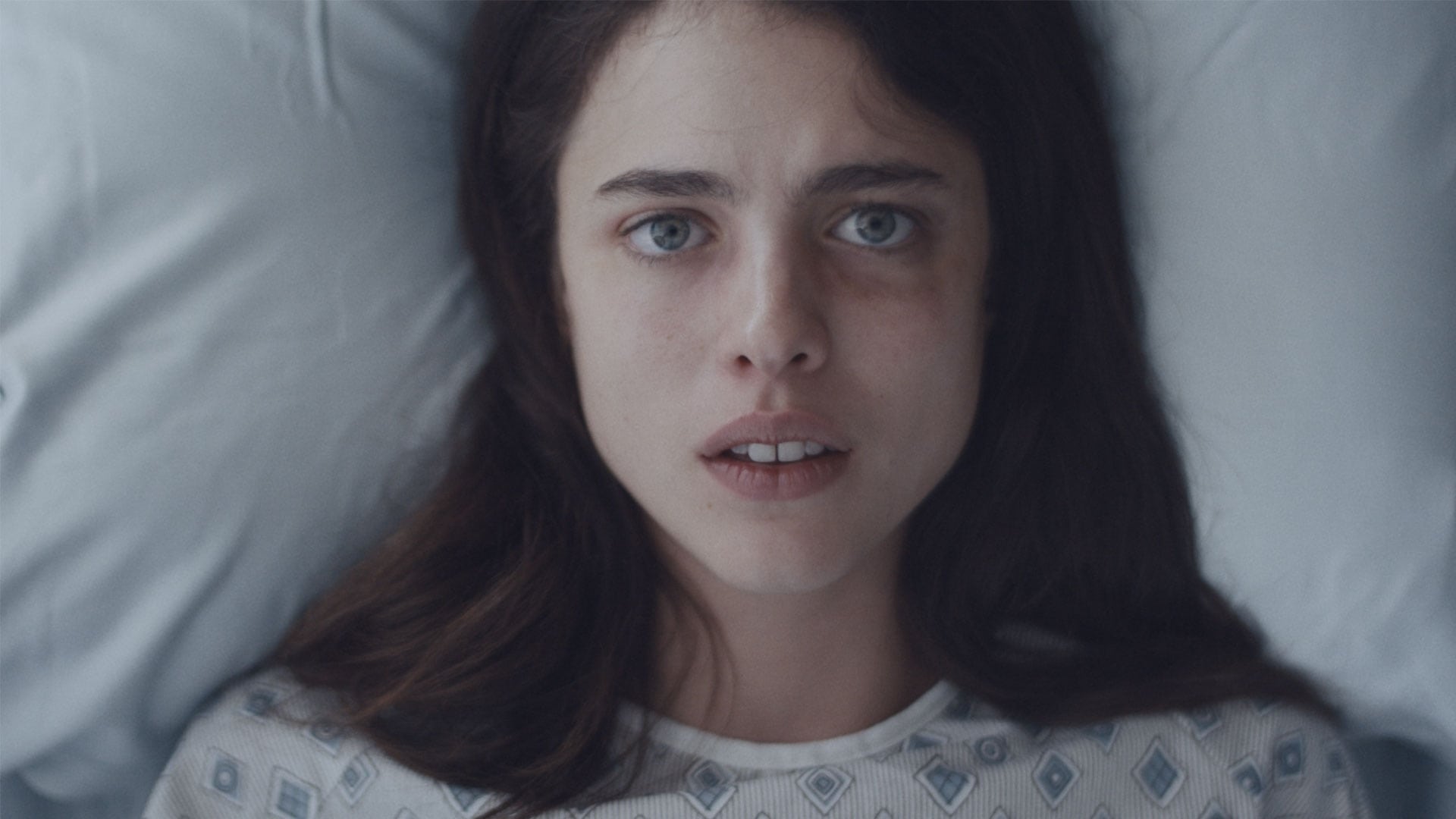


Common symptoms of an overactive thyroid include trouble sleeping, an increased heart rate, sweating (including at night), anxiety, tremors, and more. When it’s overactive (also called hyperthyroidism), it creates too much of the hormone thyroxine, which can have ripple effects on many different systems in your body, according to the Mayo Clinic. “This gland controls the function of several other organs,” Dr. The most common treatment for sleep apnea is a continuous positive airway pressure (CPAP) machine, which is basically a mask you wear during sleep to help keep your airways open, but your doctor can help you explore the alternatives if necessary. To diagnose sleep apnea, your doctor may have you do an overnight sleep study that monitors your breathing, according to the Mayo Clinic. Complex sleep apnea features characteristics of both conditions. If you have central sleep apnea, your brain doesn’t send the right signals to the muscles controlling your breathing, again causing this potentially harmful drop in oxygen. If you have obstructive sleep apnea, the muscles in your throat relax too much, which narrows your airway, causing your oxygen levels to drop, the Mayo Clinic explains. This disorder slows and/or stops your breathing while you are asleep. If you find yourself jolting awake and feeling like you need to catch your breath, sleep apnea might be the culprit. Gaffney Adams notes that drinking alcohol too soon before bed will make you need to pee, increasing the likelihood you’ll wake up in the night to use the bathroom. But having some kind of buffer-and drinking plenty of water so you’re more likely to booze in moderation-may prevent alcohol from interfering with your sleep.Īlso, Dr. Based on your personal factors and how much you drank, you might not need that much. Since drinking often happens at night, we realize that can be an optimistic time cushion. However, Alexea Gaffney Adams, M.D., a board-certified internist at Stony Brook Medicine, recommends that people stop drinking at least three hours before going to bed to give their bodies time to process the alcohol. So if you’re looking for quality, sleep-through-the-night rest, it’s worth taking a look at how much alcohol you’re consuming.Įveryone metabolizes alcohol differently depending on factors like genetics, diet, and body size. Remember, stage 1 sleep is the period in which you’re most likely to wake up due to environmental factors. For instance, it seems as though alcohol is associated with more stage 1 sleep than usual in the second half of the night. This is because alcohol can play around with your sleep stages in various ways. Sure, alcohol can make it easy to drift off-even when you’re, say, on a friend’s couch instead of tucked into your bed-but it also has a tendency to cause fitful sleep. If cutting back on your evening fluid intake doesn’t reduce your number of nightly bathroom trips, consult a doctor for other possible explanations. Untreated type 1 or type 2 diabetes may also be a factor having too much sugar in your bloodstream forces your body to extract fluid from your tissues, making you thirsty and possibly prompting you to drink and pee more, according to the Mayo Clinic. Your arousal threshold-meaning how easy it is for something to wake you up-varies depending on what sleep stage you’re in, Rita Aouad, M.D., a sleep medicine physician at The Ohio State University Wexner Medical Center, tells SELF.Ĭauses of nocturia include drinking too much fluid before bedtime, urinary tract infections, and an overactive bladder, per the Cleveland Clinic. Your room is too hot, cold, noisy, or bright.
WAKE UP IN PLUS
So, what’s causing you to wake up in the middle of the night, and how can you stop it from happening? Here are eight common reasons, plus what you can do to get a good night’s rest. Waking up during the night isn’t uncommon-a study of 8,937 people in Sleep Medicine estimates that about a third of American adults wake up in the night at least three times a week, and over 40 percent of that group might have trouble falling asleep again (this is sometimes referred to as sleep maintenance insomnia). Sound familiar? Unless you’re blessed enough to conk out like the most determined of logs, you may have experienced this form of sleeplessness before. One minute you’re snoozing peacefully, the next you’re wide awake in the dead of night.


 0 kommentar(er)
0 kommentar(er)
